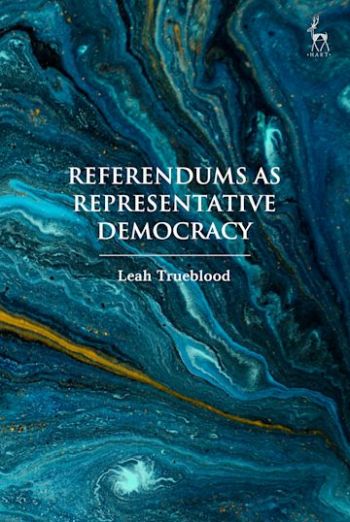
In referendums on fundamental constitutional issues, do the people come together to make decisions instead of representatives? This book argues no. It offers an alternative theory of referendums whereby they are one of many ordinary ways that voters give direction to their representatives. In this way, the book argues that referendums are better understood as exercises in representative democracy.
The book challenges the current treatment of referendums in processes of constitutional change both in the United Kingdom and around the world. It argues that referendums have been increasingly used under the banner of popular sovereignty, in a way that undermines representative institutions. This book makes the case for the use of referendums stronger by showing how they can support, rather than undermine, institutions of representative democracy.
The author argues that democratic constitutions are not contracts, and that the use of referendums on fundamental constitutional questions may be justified for a wide range of reasons. Rather than see the power to constitute constitutions as something that happens occasionally in constitutional moments through referendums, this book argues instead that voters constantly have the power to constitute and reconstitute their constitutions.